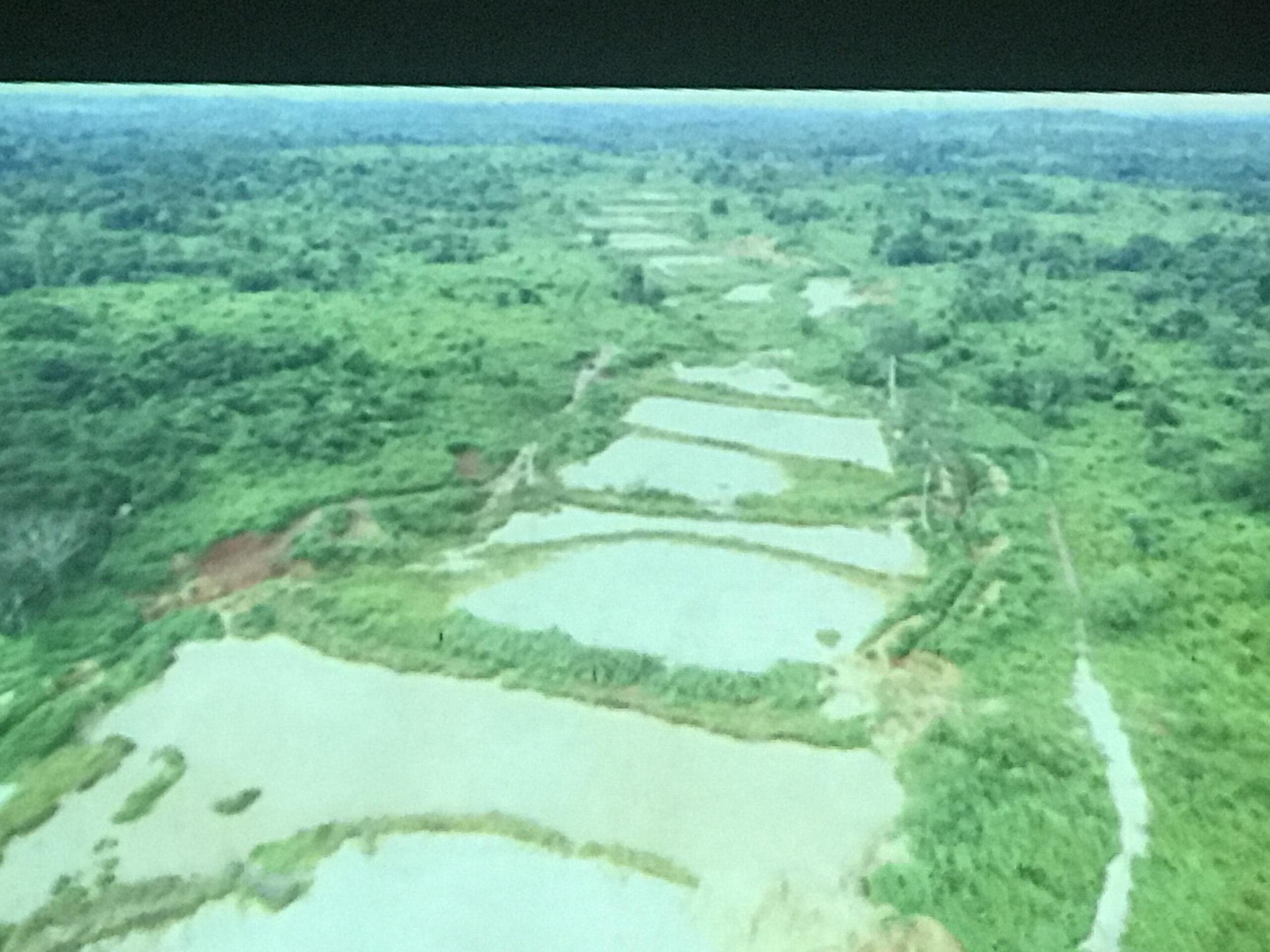Cameroon disease-prone pits burying people, animals: Relufa starts advocating for their rehabilitation
Mining is the sole activity of the people of Batouri in the East Region of Cameroon. Still, this activity for the local population, picking up bits left by big companies, is rife with health, environmental, and socio-economic hazards.
Ateba Olinga, from the East Region, lost his brother to the mining pits in Batouri. As a driver, he got to a standing pool of water to clean up, and, not knowing the depth, he got in and never came out. He got buried inside. This is just one of the many stories of the devastating effects of open pits left by mining exploration in the East region.
“Where gold is extracted, mercury and other chemicals are used. In a tropical area with a high level of malaria, where there are hundreds of pits. There are also cases of pneumonia caused by dust, skin diseases, and sexual promiscuity, leading to sexually transmitted diseases, teenage pregnancies, and alcoholism”, Ateba Olinga stated.
With financing from the Commonwealth Foundation, the Network for the Fight Against Hunger, RELUFA, a member of ‘Publish What You Pay’, organized a public gathering to advocate for the restoration of pits in the East area. The aforementioned social, health, and environmental issues served as the impetus for this meeting.

A documentary as part of a study on the impact of artisanal small-scale unrehabilitated mining sites in the East region of Cameroon in line with the realities presented by participants was projected during the workshop, and recommendations were made for amelioration.

“The mining code is clear; the mining company is supposed to close the pits,” says Napoleon Jaff, RELUFA Coordinator. However, he laments that there are gaps, stating that there is a provision for a rehabilitation fund, where companies are supposed to put in money to make sure that after the exploitation, the pits are closed. This fund, too, has not been operational because the decree of application does not exist.

Jaff is hopeful that the new mining code adopted in parliament on November 22, revising the 2016 code, will usher in change. However, careful scrutiny of the new code is required to determine if the changes have looked into the issue of rehabilitating the abandoned pits.
Participants from the East region agreed that it would be a herculean task to close the pits because the population already knows that this activity is a way of life. People would no longer live like before, making money and spending easily. Parents remove their children from school.
Ateba Olinga recommends that the government close the pits but open artisanal mining sites for the population that cannot survive without mining.

